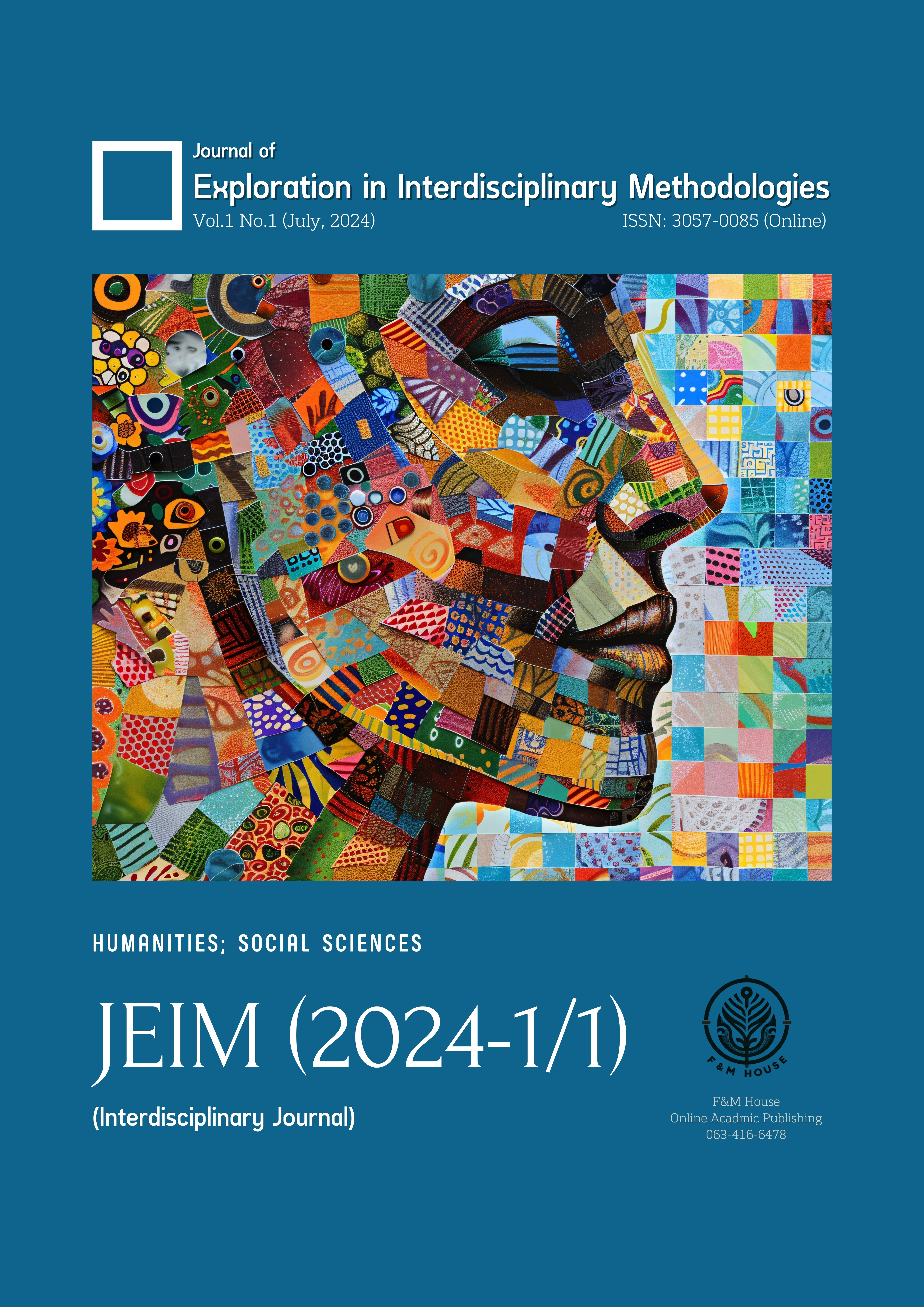Teaching Buddhism in the 21st Century: Integrating Tradition with Modern Educational Practices
คำสำคัญ:
Buddhist education, mindfulness, modern teaching, ethical leadership, digital learningบทคัดย่อ
This paper explores the teaching of Buddhism in the 21st century, emphasizing the balance between preserving traditional teachings and incorporating modern educational practices. It highlights the relevance of Buddhist principles, such as mindfulness, compassion, and ethical behavior, in addressing contemporary challenges like mental health, social inequality, and environmental sustainability. The paper examines the role of technology in making Buddhist education more accessible through online platforms, virtual meditation spaces, and digital storytelling. Case studies illustrate successful integration of Buddhist teachings in both secular and religious settings, demonstrating how these ancient principles can be adapted to modern educational frameworks. The paper also discusses policy implications, including curriculum integration, teacher training, and cultural sensitivity, to ensure that Buddhist education remains inclusive and impactful. Looking ahead, the paper predicts continued integration of Buddhist practices in mainstream education and emphasizes the potential for Buddhism to contribute to global educational initiatives focused on ethics, mental health, and sustainability.
เอกสารอ้างอิง
Davis, J. (2012). Contemplative Education: A Case Study of Naropa University. Journal of Transformative Education, 10(1), 42-65.
Freina, L., & Ott, M. (2015). A Literature Review on Immersive Virtual Reality in Education: State of the Art and Perspectives. eLearning & Software for Education, 1(133), 10 - 100.
Gethin, R. (1998). The Foundations of Buddhism. Oxford University Press.
Hanh, T. N. (2012). The World We Have: A Buddhist Approach to Peace and Ecology. Parallax Press.
Harris, I. (2010). Buddhism and Politics in Twentieth Century Asia. Buddhist Ethics, 18(2), 341-368.
Harvey, P. (2013). An Introduction to Buddhist Ethics: Foundations, Values and Issues. Cambridge University Press.
Heine, S. (2014). Like Cats and Dogs: Contesting the Mu Koan in Zen Buddhism. Oxford University Press.
Kabat-Zinn, J. (2013). Full Catastrophe Living: Using the Wisdom of Your Body and Mind to Face Stress, Pain, and Illness. Bantam Books.
Keown, D. (2013). Buddhism: A Very Short Introduction. Oxford University Press.
Nakamura, K. (2012). Buddhist Education in Contemporary Japan: Tradition and Modernity. University of Tokyo Press.
Pongsapich, A. (2014). Buddhist Education in Thailand: Tradition and Modernity. Thai Studies Review, 6(3), 115-130.
Roeser, R. W., Skinner, E., Beers, J., & Jennings, P. A. (2013). Mindfulness Training and Teachers' Professional Development: An Emerging Area of Research and Practice. Child Development Perspectives, 6(2), 167-173.
Schonert-Reichl, K. A., Oberle, E., Lawlor, M. S., Abbott, D., Thomson, K., Oberlander, T. F., & Diamond, A. (2015). Enhancing cognitive and social-emotional development through a simple-to-administer mindfulness-based school program for elementary school children: A randomized controlled trial. Developmental Psychology, 51(1), 52- 66.
Selwyn, N. (2019). Education and Technology: Key Issues and Debates. Bloomsbury Publishing.
Smith, D., & De Simone, C. (2018). The Role of Technology in Buddhist Education: Challenges and Opportunities. Journal of Buddhist Studies, 5(3), 123-140.
Wallace, B. A. (2011). The Four Immeasurables: Cultivating a Boundless Heart. Snow Lion Publications.







